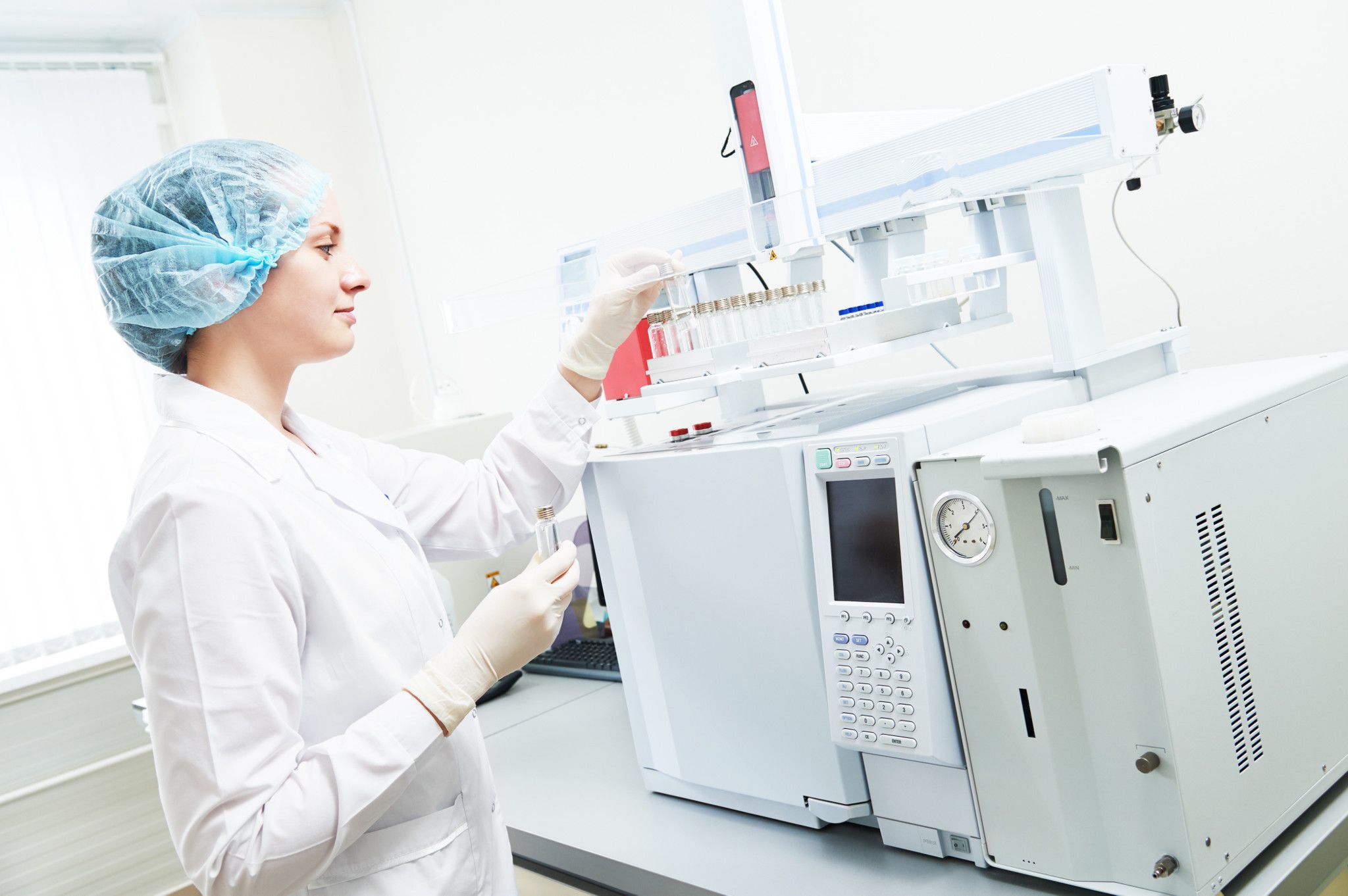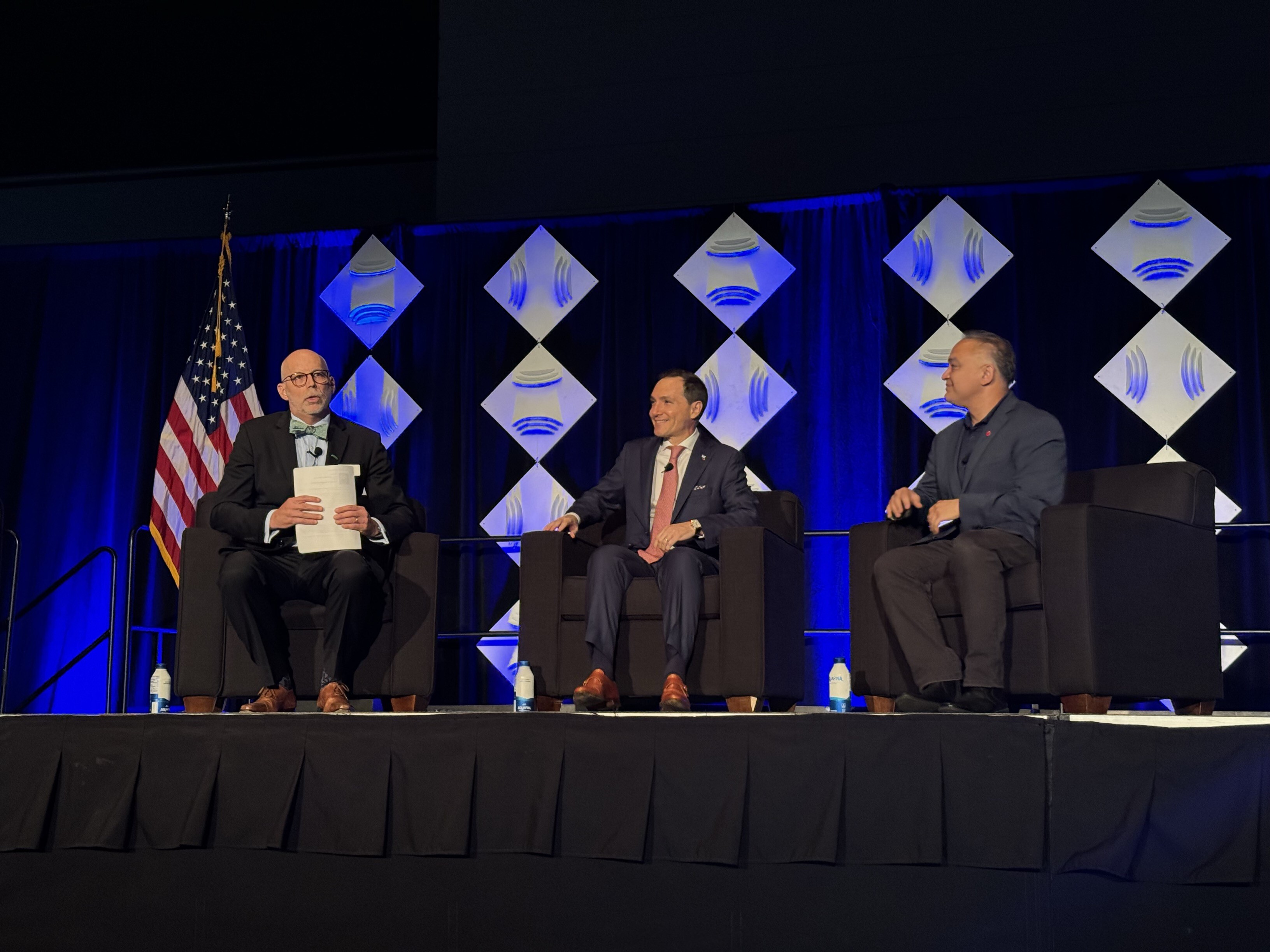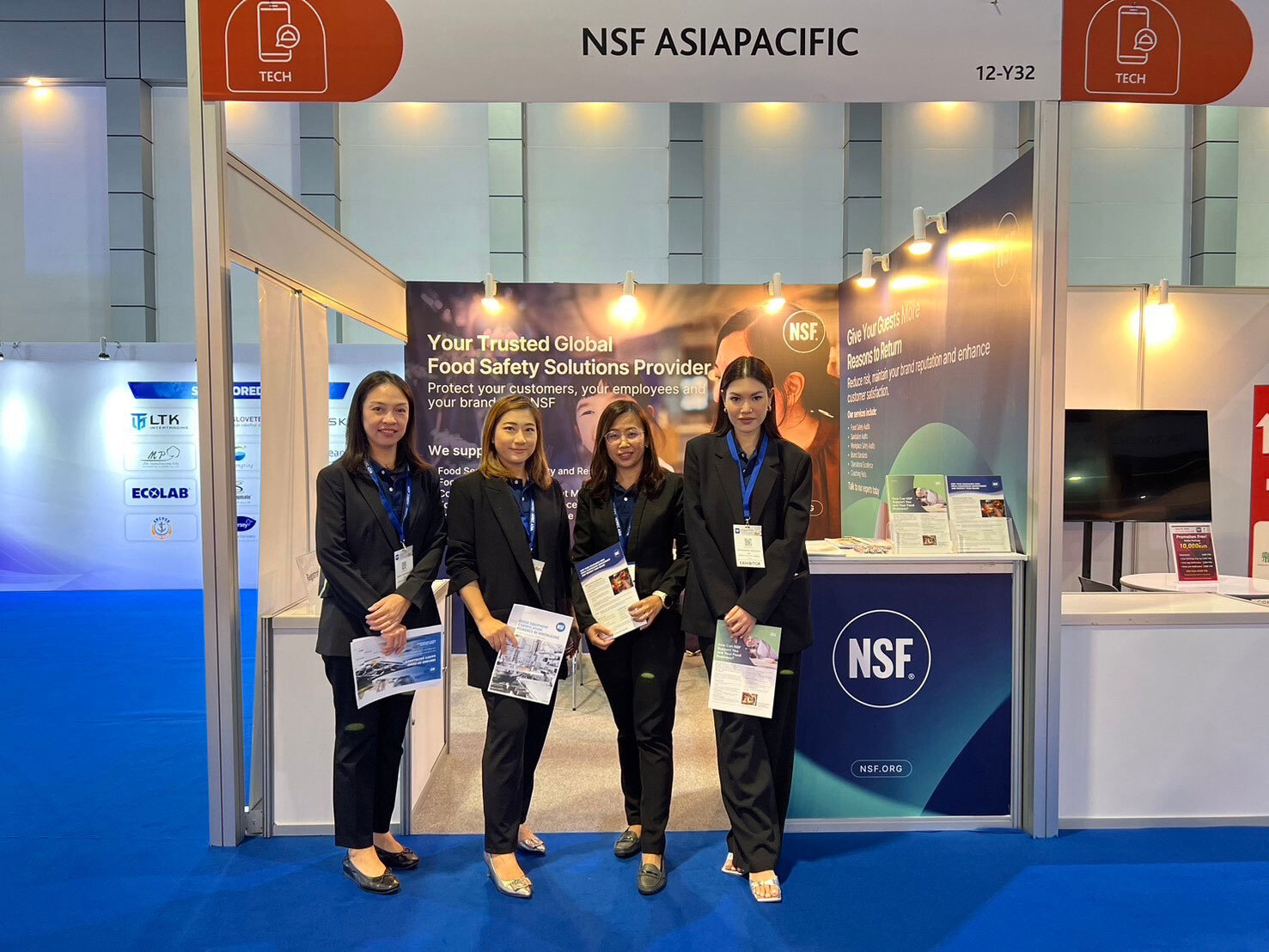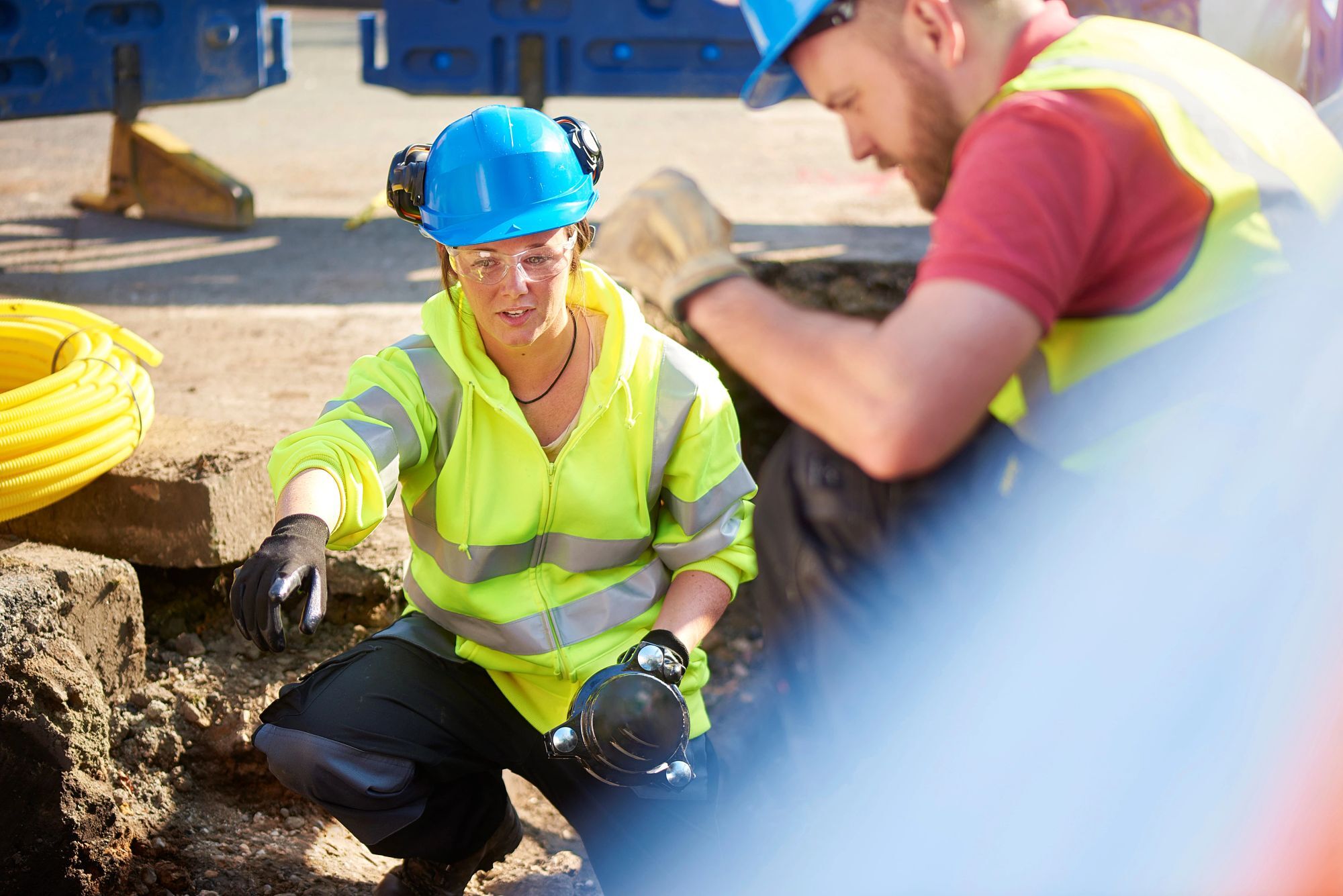NSF Certified Biosafety Cabinets – An Important Part of Converting Labs for COVID-19 Testing
NSF-certified biosafety cabinets are vital primary containment devices at laboratories handling microbiological and biomedical materials, and their behind-the-scenes role has never been more critical. These cabinets allow lab staff to work safely and swiftly when testing for the SARS-CoV-2 virus that causes COVID-19.
The U.S. Centers for Disease Control and Prevention specifies the manipulation of COVID-19 clinical samples and any potentially contaminated materials should be processed in certified biosafety cabinets.
Biosafety cabinets provide three major types of protection: personal, product and environmental. The partially enclosed work area receives HEPA-filtered air, which protects samples from contamination, and all exhausted air is also HEPA filtered to protect the environment. Users of biosafety cabinets are further protected by inward-flowing air at the front opening of each unit. This inward airflow is particularly important if the procedures being conducted in the work area have the potential to generate infectious droplets and aerosols.
These critical laboratory fixtures will become increasingly important as public health officials call for a dramatic acceleration in testing. An April 20, 2020 Harvard University study calls for as many as 5 million COVID-19 tests to be delivered each day by early June for a safe reopening of the United States and then increasing to as many as 20 million tests daily through July for a full remobilization of the economy.
“Our certification tests include verification of laminar flow and biological containment to help ensure the safety of workers when handling known or potentially infectious materials,” said Maren Roush, Business Unit Manager for the Biosafety Cabinetry Program at NSF. “It has been reassuring to see so many NSF-certified cabinets being put to use to protect workers and provide a public service during this pandemic.”
The NSF/ANSI 49-2019: Biosafety Cabinetry: Design, Construction, Performance, and Field Certification standard covers both the biosafety cabinets and field certifiers who maintain the equipment on an annual basis. The standard establishes minimum requirements for materials, design, construction and performance of biosafety cabinetry to protect personnel, product and the environment. It also sets criteria for field certification testing. Specifically, the standard covers Class II cabinets to minimize the hazards inherent in working with biosafety agents of levels 1, 2, 3 or 4.
The first product certifications were issued in the mid-1970s. Currently there are 304 different biosafety cabinet models from global manufacturers certified by NSF.
Laboratories throughout the world are recognizing NSF-certified biosafety cabinets as part of the solution in the fight against the COVID-19 pandemic. Here are just a few examples of how certified cabinets are being used during the pandemic.
A health system in the Great Plains region began processing its own COVID-19 test samples in its hospital lab in early April 2020. Local testing involving NSF-certified biosafety cabinets reduces the time it takes to confirm whether a patient has been infected with the virus. The polymerase chain reaction (PCR) test has a 45-minute run time, and 16 tests can be safely processed at once.
A biomedical research center on the East Coast worked with internal teams to swiftly transform its laboratory into a high-throughput COVID-19 testing facility. Partnering with state officials and local hospitals, the center raced to create a solution to help increase the pace and scale of diagnostic testing. NSF-certified biosafety cabinets were used as part of the COVID-19 testing.
At a state health lab in the western U.S., NSF-certified biosafety cabinets are key to the pandemic testing protocol. Experts at the lab can determine within four hours from the time a sample arrives if it tests positive for COVID-19. The lab currently runs two test machines, each capable of testing about 20 prepped samples at a time. A third machine is at the ready, expanding the processing capacity to 60 samples at a time. If needed, hundreds of samples a day could be checked for coronavirus.
A Midwestern university has partnered with local hospitals to receive and test patient samples on campus. This combined efforts of the university and local hospitals will save doctors and health care providers at least 24 hours, and up to a week, of waiting for COVID-19 test results. With its NSF-certified biosafety cabinets, the lab has the capacity to run 40 samples per hour, and the team plans to expand with more equipment and staffing.
Additionally, a certified manufacturer in Singapore has donated biosafety cabinets to a university hospital in China to meet the pandemic’s emergency needs for additional support and research.
To learn more about NSF’s biosafety cabinet certification program, visit the NSF/ANSI 49 section of NSF.org.
Share this Article
How NSF Can Help You
Get in touch to find out how we can help you and your business thrive.

What’s New with NSF

NSF Shanghai Named Critical Site for NSF/ANSI 455 and NSF/ANSI 173 by ANSI National Accreditation Board
July 26, 2024
NSF Takes Center Stage at NEHA Annual Education Conference
July 25, 2024
NSF Asia Pacific Showcases Hospitality Solutions at THAIFEX HOREC Asia 2024 in Bangkok, Thailand
July 4, 2024